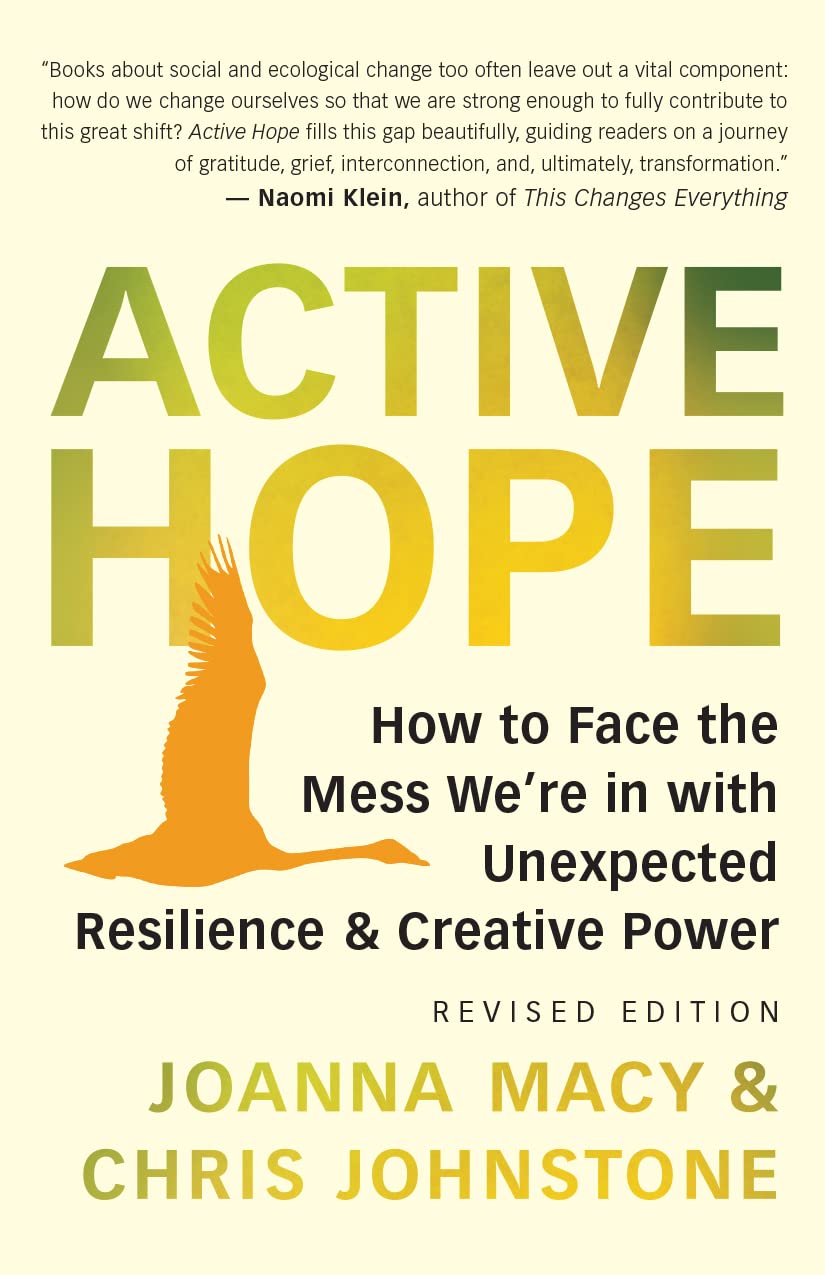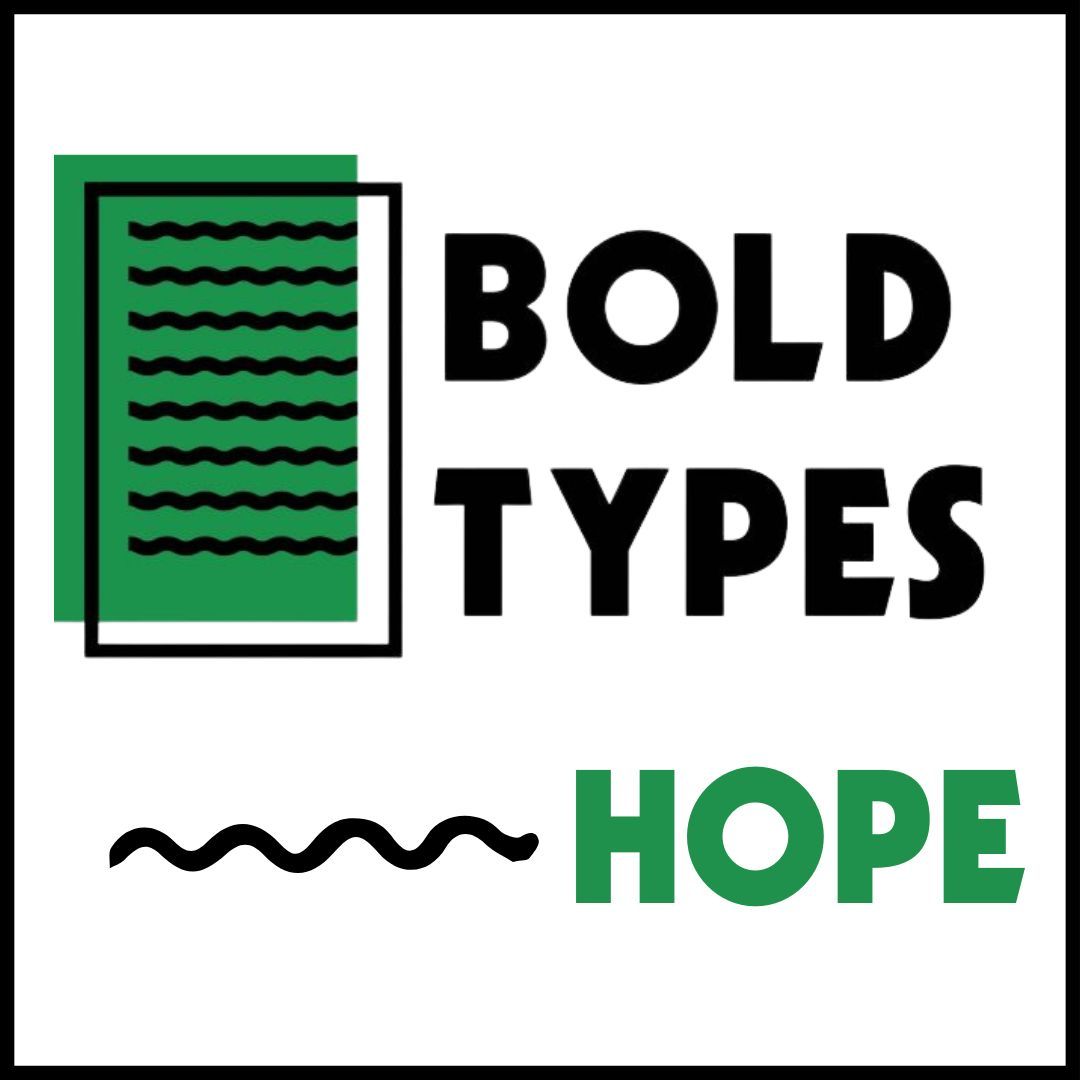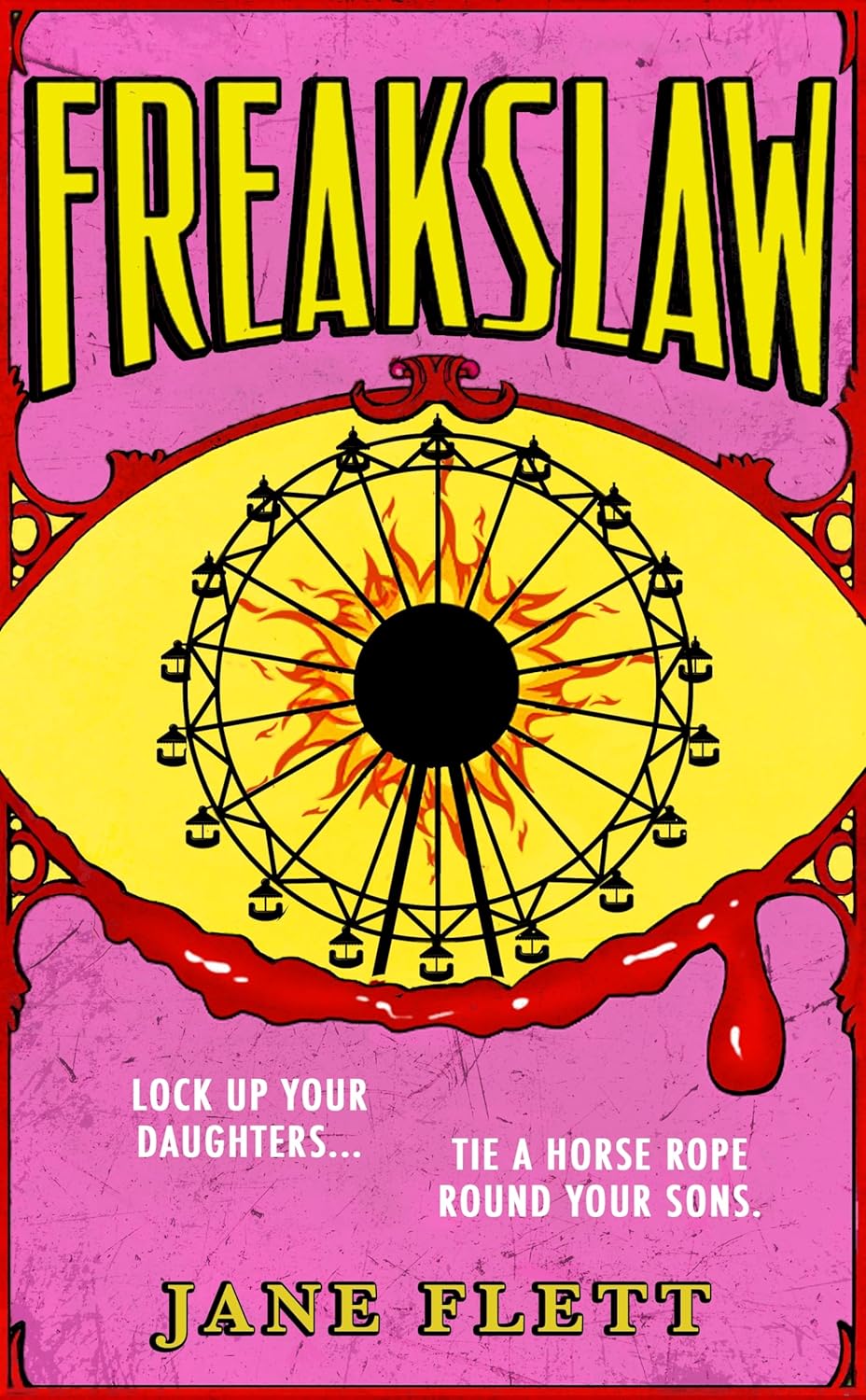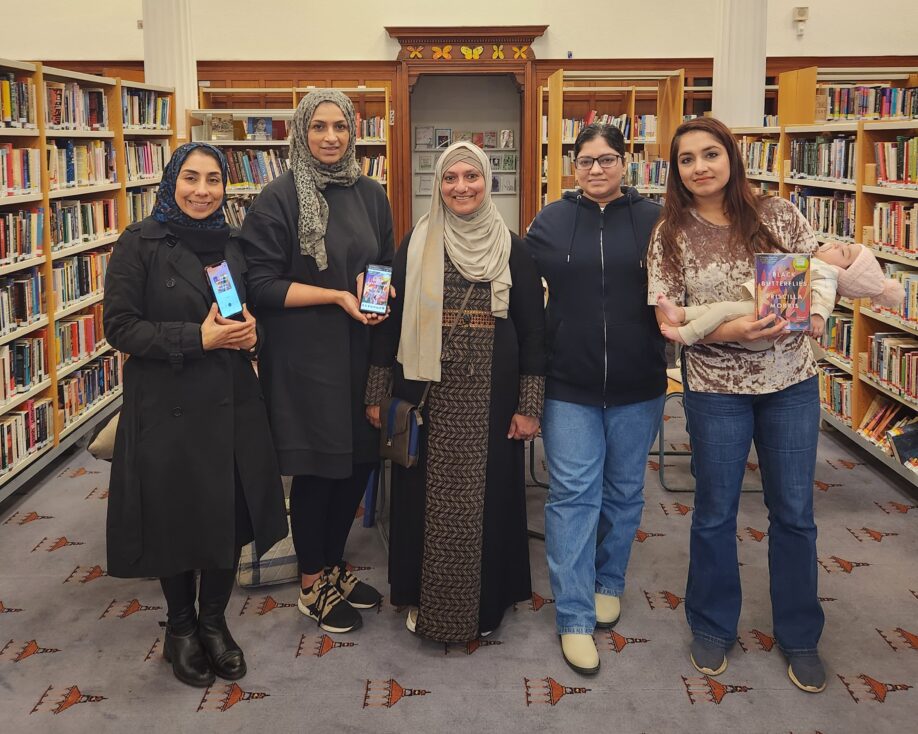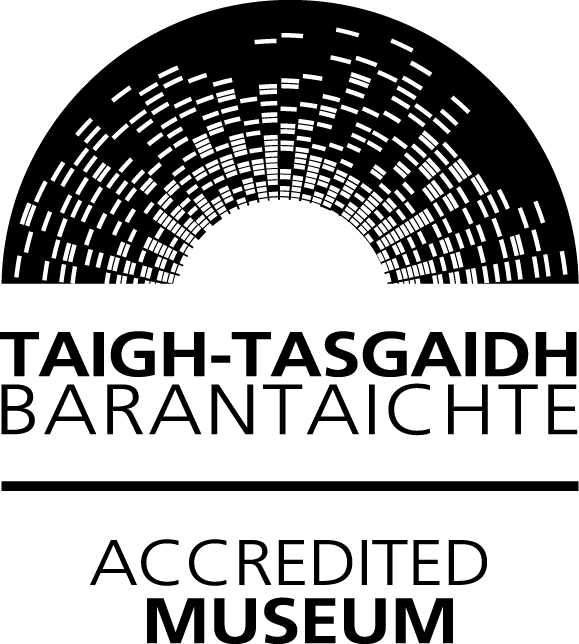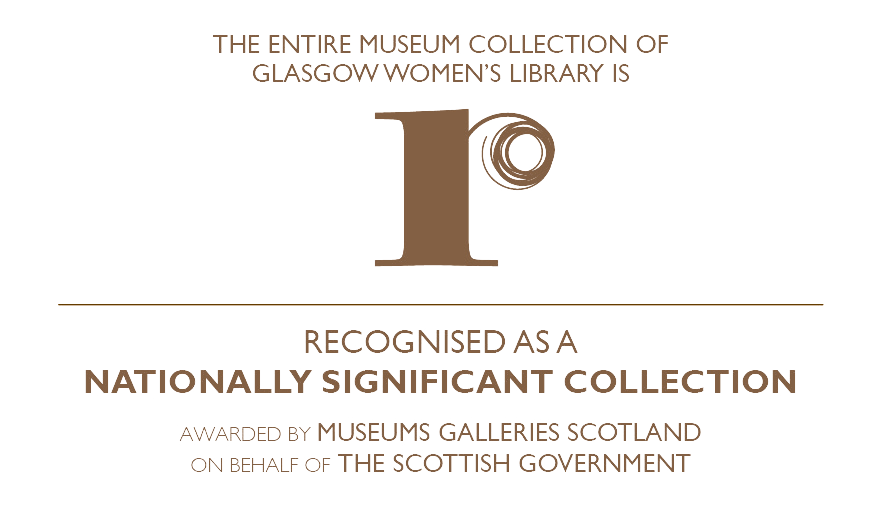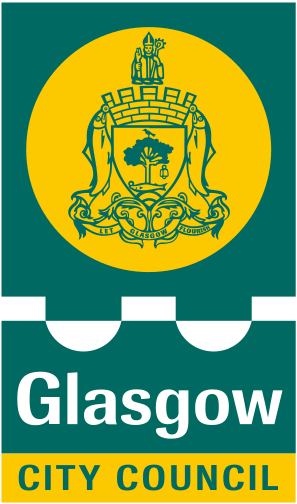Update: 03/10/23
We did it! We’re thrilled to have secured the Maud Joachim hunger strike medal at auction. This was made possible by a grant from the Scottish Government’s National Fund for Acquisitions & an incredible £28,000 raised in individual donations from around 500 people. Thank you to everyone!
——————————————————————————————————————–
We recently launched an appeal for donations to help us acquire Maud Joachim’s hunger strike medal.
The medal will be auctioned at Bonhams, London on October the 3rd 2023. If our bid is successful, your donations will allow this important piece of herstory to remain here in Scotland and publicly accessible.
Donate Here
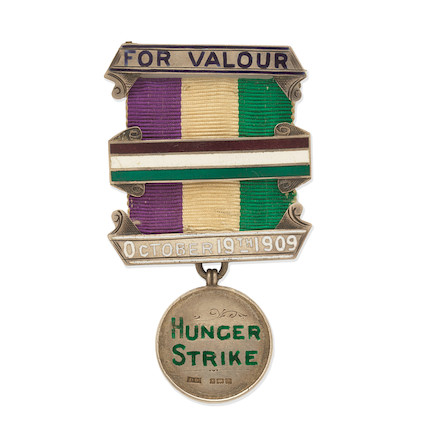
The medal, which hangs on a length of ribbon in the colours of the Women’s Social and Political Union (WSPU), was awarded to Maud in 1909. Maud was arrested in Dundee on the 19th of October of that year, along with Adela Pankhurst (daughter of Emmeline Pankhurst), Helen Archdale, Catherine Corbett & Laura Evans for interrupting a meeting led by Winston Churchill (when interviewed later he called them ‘a band of silly, neurotic, hysterical women‘) by leading a crowd and shouting ‘This way! Votes for Women!’ Maud admitted the charge, but said the guilt rested with Mr Asquith, The Prime Minister, who was ‘misgoverning this country and provoking disorder.‘
She was sentenced to a fine of 40 shillings or 10 days’ imprisonment. Maud went to prison where she was released after a 4 day hunger strike. Maud was a member of one of the first group of suffragettes in Scotland to go on hunger strike (three other WSPU activists – Edith New, Alice Paul and Alice Burns – were the first and went on hunger strike in the same prison just a month earlier than Maud and her group). It is for this reason that this medal is so special, rare and significant.
At Glasgow Women’s Library we are constantly fundraising to generate extra income to deliver projects and events and to keep our building running. All of our museum, archive and library materials have been donated over 30+ years. Unlike many museums, archives and libraries, we do not have an acquisitions budget. This is why we need your help. This medal would be a significant addition to our suffragette collection, which includes over 200 campaigning postcards, anti-suffrage propaganda, ceramics, jewellery and playing cards.
We are thrilled and excited to have been contacted by Maud Joachim’s family, who saw our plea for donations and have given their support to our campaign to secure Maud’s hunger strike medal to become part of our collection.
To donate and help us to secure this significant item for our unique collection, and for Scotland, please head to our donations page, enter the amount that you wish to give and click donate now. You will then be redirected to PayPal to make a secure, safe payment. If you do not have a PayPal account, please contact us at info@womenslibrary.org.uk or call us on 0141 550 2267
In the event that we are outbid, donations will be ringfenced and used to buy suffrage-related items in the future.
We are overwhelmed by the positive response to our plea for donations to purchase the hunger strike medal – by the sheer generosity of donors and the messages of support we have received. Thank you to each and every one of you.
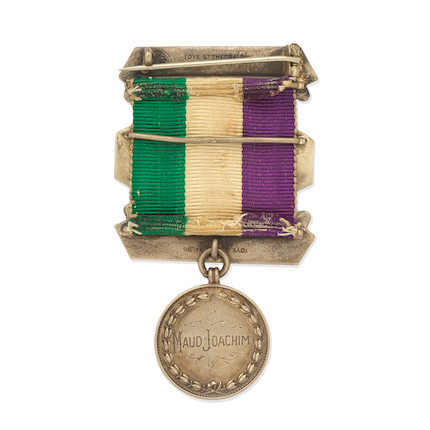
“There is nowhere quite like @womenslibrary. Too often do we see these objects vanish into private collections or overseas, so please, please help them bring such a significant part of scottish feminist history to the library. What other custodians could you ask for!” – Helen Antrobus via Twitter
“It would be tremendous to have this incredible artefact for people to visit in Bridgeton!” – Zoe Strachan via Twitter
“It belongs in Scotland, and where better to be custodian than Glasgow Women’s Library?” – Beverly McFarlane via Facebook
“Maud Joachim was arrested in Dundee in 1909, along with Adela Pankhurst and others. She went on hunger strike in prison and was awarded this medal by the WSPU. It would be amazing if @womenslibrary could raise enough money to secure such a significant piece for their collection.” – The Pankhurst Centre via Twitter
“I’ve donated to help the magnificent GWL secure this important object. My donation is for every woman, past & present, who’s been labelled as silly, neurotic, hysterical, or emotional for simply having views that a man disagrees with. The fight for equity & justice continues….” – Laura Crossley via Twitter
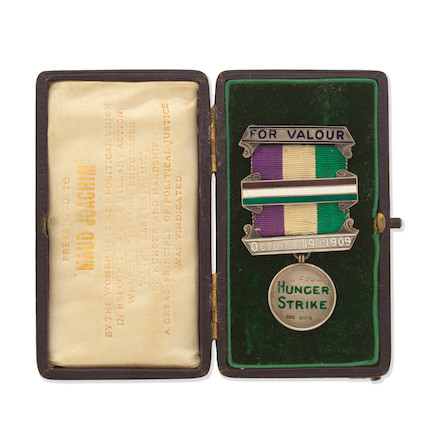
Joachim’s medal comes in its original purple box with green velvet lining, and the wording on the inside lid, printed in gold on white silk, reads: “Presented to Maud Joachim by the Women’s Social and Political Union in recognition of a gallant action, whereby through endurance to the last extremity of hunger and hardship a great principle of political justice was vindicated”.
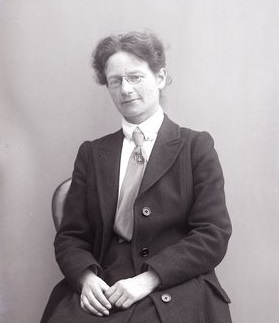
Maud Joachim (1869-1947) was the niece of Joseph Joachim, the violinist and composer. She allied herself with the radical wing of the suffrage movement by joining the Women’s Social and Political Union (WSPU) in 1907. She was described as an “an enthusiastic window smasher” and was arrested multiple times. In February 1908 she was first arrested for demonstrating outside the House of Commons and sentenced to six weeks imprisonment. She spent another three months in jail after taking part in the deputation from Caxton Hall to the House of Commons on 30 June 1908, writing an account of this period in My Life in Holloway Gaol for the 1 October 1908 issue of Votes for Women. She argued: ‘What one finds on joining the WSPU is, that one is brought into contact with a great number of people whose ideals are the same as one’s own, and that the isolation and the reproach are things of the past.’
Maud ceased to be active in WSPU after attempts were made in July 1913 to burn down the houses of two members of the government who opposed women having the vote. She saw this as contradicting respectable methods of campaigning.

